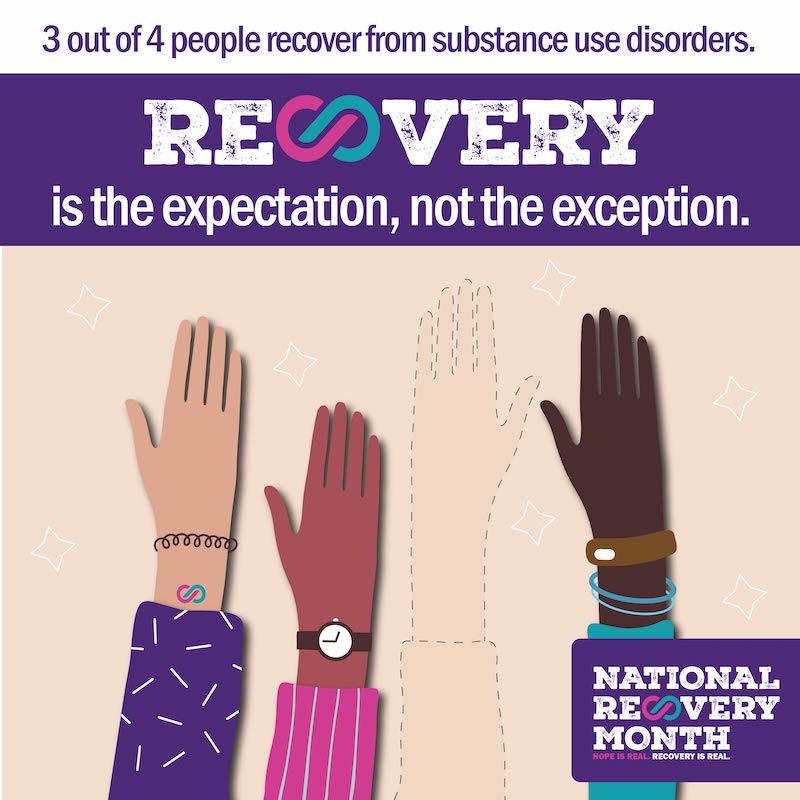Substance abuse is a pervasive and complex issue that affects individuals, families, and communities across the globe. Whether struggling with alcohol, prescription drugs, illicit substances, or a combination thereof, seeking treatment is a crucial step toward reclaiming one's life and well-being. In this blog, we'll explore the journey of substance abuse treatment, from the initial steps of acknowledgment and assessment to the various treatment modalities and resources available to support individuals on their path to recovery.
1. Acknowledgment and Assessment
The first step in the journey of substance abuse treatment is acknowledging the presence of a problem and seeking help. This may involve recognizing the signs and symptoms of substance abuse, such as increased tolerance, withdrawal symptoms, neglect of responsibilities, or strained relationships, and reaching out to a trusted healthcare professional, therapist, or addiction specialist for assessment and guidance.
2. Detoxification and Stabilization
For individuals with substance dependence, detoxification, or detox, is often the next step in the treatment process. Detox involves the process of removing drugs or alcohol from the body while managing withdrawal symptoms under medical supervision. Depending on the substance and severity of dependence, detox may take place in a hospital setting, residential treatment center, or outpatient facility, with medications and supportive care provided to ensure safety and comfort throughout the process.
3. Comprehensive Treatment Planning
Following detoxification, individuals undergo a comprehensive assessment to determine the most appropriate treatment plan based on their unique needs, challenges, and goals. Treatment planning may involve a combination of therapeutic modalities, including individual therapy, group counseling, family therapy, medication-assisted treatment (MAT), peer support groups, and holistic interventions, tailored to address the physical, psychological, and social aspects of addiction.
4. Therapeutic Modalities and Interventions
Substance abuse treatment encompasses a wide range of therapeutic modalities and interventions designed to address the underlying issues driving addiction, develop coping skills for managing cravings and triggers, and promote long-term recovery. Some common therapeutic approaches include cognitive-behavioral therapy (CBT), dialectical behavior therapy (DBT), motivational interviewing (MI), contingency management, mindfulness-based interventions, and experiential therapies such as art therapy, music therapy, or equine therapy.
5. Peer Support and Community Resources
Peer support and community resources play a crucial role in substance abuse treatment, providing individuals with a sense of connection, validation, and encouragement from others who understand their experiences. Support groups such as Alcoholics Anonymous (AA), Narcotics Anonymous (NA), SMART Recovery, or Refuge Recovery offer a safe and supportive environment for individuals to share insights, receive guidance, and find inspiration from others in recovery.
6. Aftercare Planning and Continued Support
Recovery from substance abuse is a lifelong journey that requires ongoing support and commitment beyond the initial treatment phase. Aftercare planning involves developing a plan for continued support and resources to help individuals maintain sobriety, manage triggers, and navigate life's challenges with resilience and confidence. Aftercare services may include outpatient therapy, support groups, sober living arrangements, vocational training, educational programs, and alumni services, providing a continuum of care that extends beyond the treatment setting.
Conclusion: Embracing Hope and Healing
Substance abuse treatment is a transformative journey that offers individuals the opportunity to break free from the grip of addiction and embrace a life of health, vitality, and fulfillment. By acknowledging the presence of a problem, seeking help, and engaging in comprehensive treatment planning and support, individuals can overcome substance abuse and build a brighter future for themselves and their loved ones. If you or someone you know is struggling with substance abuse, know that help is available, and recovery is possible. Together, we can navigate the road to recovery and embrace a life filled with hope, healing, and possibility.
If you are looking for a drug detox center in Austin, Ava Recovery is here to help. Our world-class luxury center offers you safety & comfort during detox.
Easy Branches Global Guest Posting Services in multi languages
Best last minute News headlines from Your Country and inborn language
Yachts News | Discover the Exclusive World of Yachts
Yachts Listings for Sale and Charter
immediate for delivery New Exclusive Hyper, Mega, Classic and Super sports Cars































